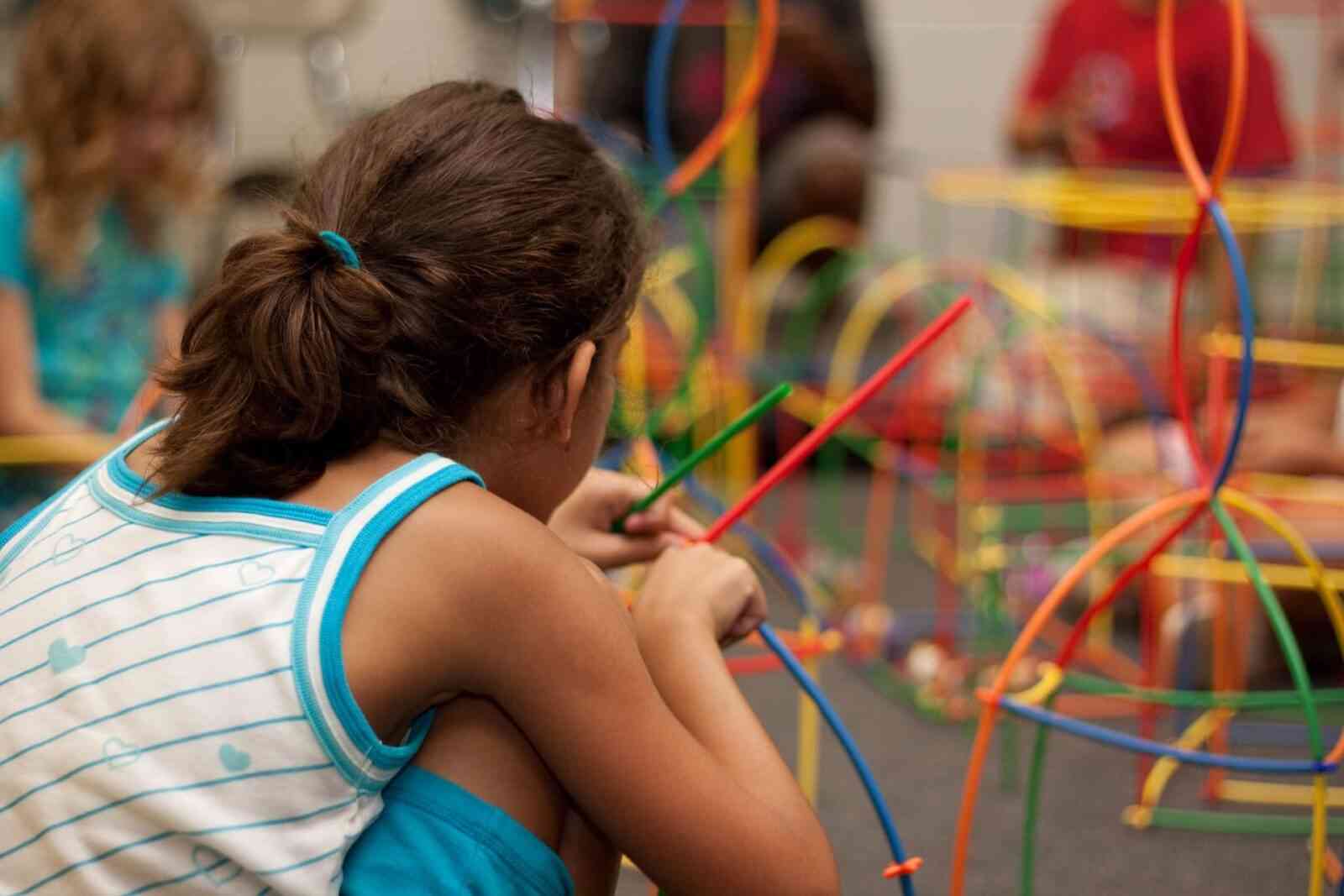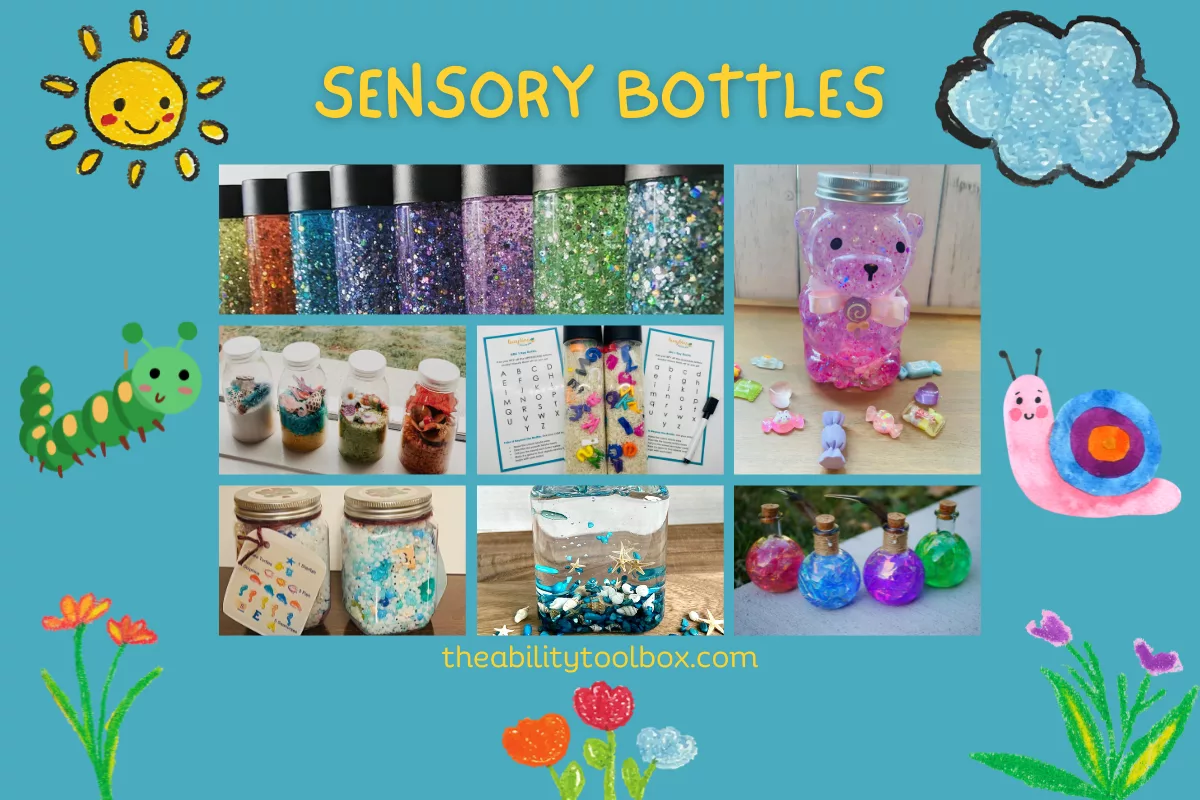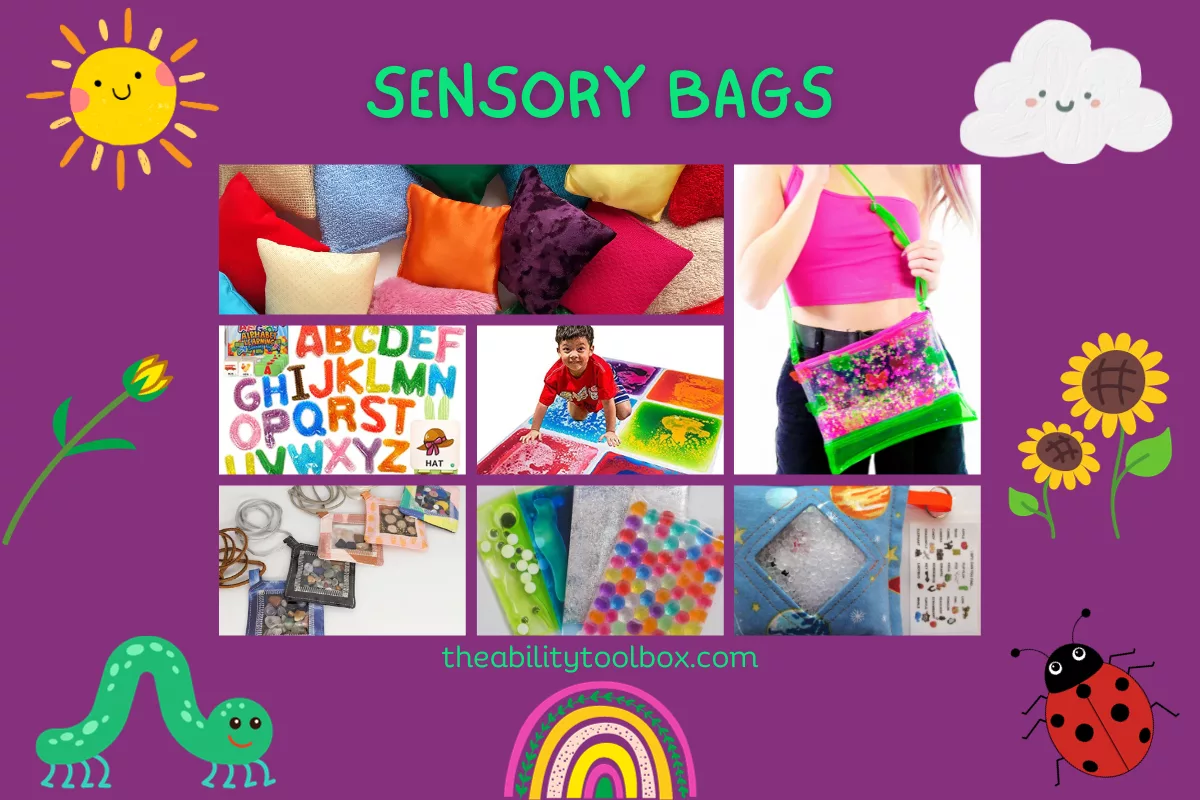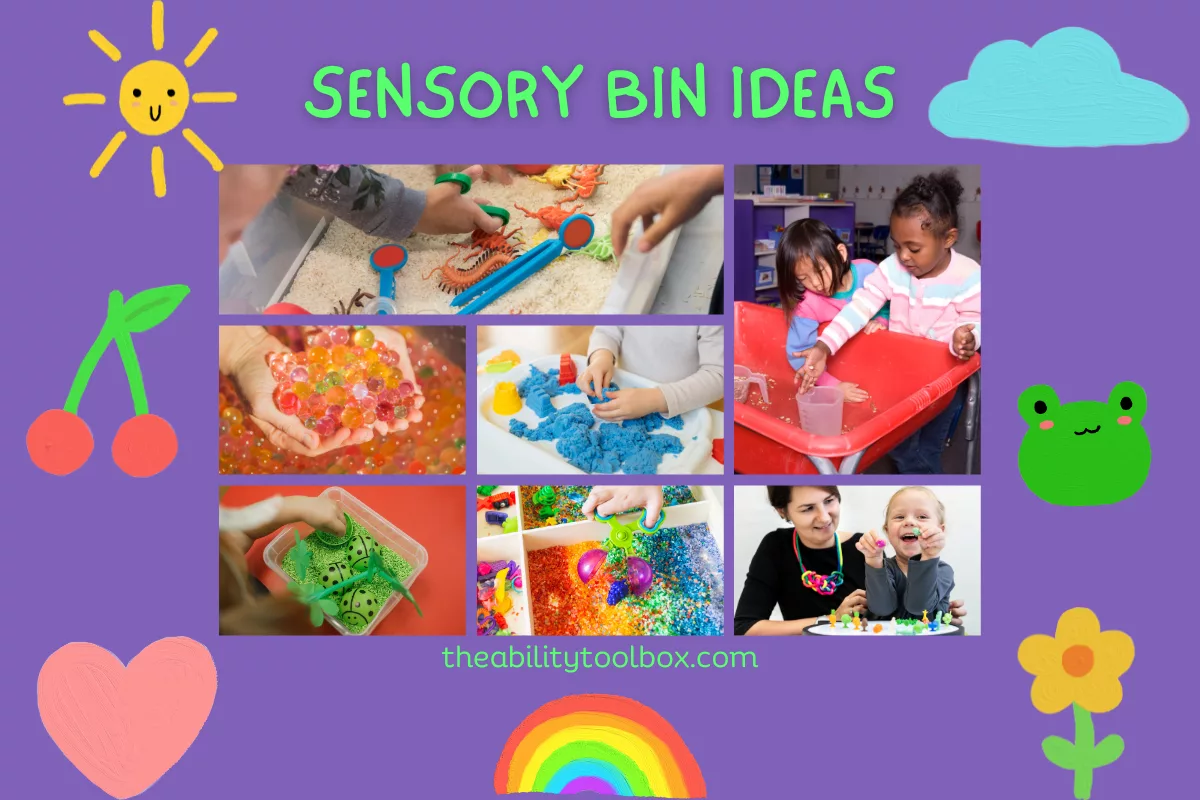Early intervention is vital to preventing and addressing disabilities and developmental delays in kids. By intervening early on, you can keep children on track to making the most of their skills and abilities during the early stage of their lives.
Development is at the highest rate during preschool, and early intervention for kids with special needs or developmental delays keeps them from missing out on learning and development milestones. Here's how early intervention can help children with disabilities.
What Is Early Intervention?
Early intervention refers to specialized support for children with developmental delays, disabilities, autism, and other additional needs. It should happen as early as possible or as soon as it is identified that the child needs specialized support. The support can include therapies, education, etc.
The Early Intervention Program is part of the Individuals with Disabilities Education Act, which aims to protect children ages 0-3. Also known as the “Program for Infants and Toddlers with Disabilities,” it targets kids displaying a delay in social, cognitive, or communication skills. These children may also show a delay in physical and motor abilities or even self-care skills.
When they discover the child is eligible for the Early Intervention Program during the initial evaluation, the program will recommend services and explain how early intervention can help.
Early intervention is considered the most effective way to support the well-being and development of children with autism, disability, and other additional needs that could hinder their growth. The program aims to help children develop the skills they need to perform daily activities. Sometimes, the child who received intervention may need less or no support as they grow older.
The Different Types of Early Help
A team of qualified and licensed providers must evaluate the child to determine if they require early interventions. If their evaluation shows the child needs intervention, they will plan the services and deliver the type of intervention required. The different types of early help include occupational therapy, speech-language pathology, physiotherapy, and special training in the early years.
Occupational therapy helps develop the child's visual, cognitive, sensory, and motor skills. It assists in coordination for using utensils and sensory abilities. Meanwhile, speech-language therapy promotes expressive, receptive, and oral motor skills for swallowing and speaking.
Physiotherapy promotes stability during sitting, standing, crawling, and/or walking. It also addresses the child's need for adaptive devices like wheelchairs or walkers. Early childhood educators will also assist in providing appropriate learning environments to help improve cognitive and social skills, using activities like bouncing on a therapy ball, singing songs, and playing with sensory toys.
Why Is Early Intervention Important for Children?
Treating disabilities and developmental delays early on can prevent potential issues the child can face in learning, reading, and social interaction. This is why the importance of early intervention and training is becoming more prominent for teachers. Families should seek immediate help once they identify delays in a child's communication and language development. Early diagnosis of developmental delays can increase the chances of improvement. Therefore, parents should not delay treating problems or wait them out.
The Early Intervention Program aims to provide parents with support, resources, and information to improve their child's development. Working with a professional and trained provider can make parents feel confident in facilitating their child's development.
When a child's development is delayed, it can be challenging for them to interact with and understand other kids. As a result, they will find it hard to foster friendship and negotiate conflicts. Intervention helps children learn how to communicate and express their feelings, allowing them to interact with their peers.
Early intervention can help to improve a child's behavior. Children with disabilities and developmental delays can get frustrated easily. If they are not able to communicate their needs and emotions, they may engage in behaviors such as hitting, biting, and hurting themselves. Early intervention can provide support and strategies to help your child's communication and development needs.
Communication development helps promote future success in school. It sets the stage for literacy and influences success in education. There are studies showing that proper communication goes hand in hand with a child's ability to imagine and develop new ideas, which eventually helps them to read and write.
Why Diagnosis Is Important for Early Intervention
There have been debates over the past decade on the early diagnosis of autism spectrum disorder. Some people find it inappropriate to label young kids when several other disorders could manifest similar features. These include sensory integration issues, speech delays, and difficulties with social interaction that could be misdiagnosed as autism.
However, the ultimate goal of early diagnosis is to ensure that children with disabilities and developmental delays have access to early intervention programs and that parents will receive professional support. Some experts also highlight the importance of starting intervention as early as possible, considering that the child's development years are particularly critical.
Professionals should consider the child's well-being during diagnosis since kids with disabilities and those on the autism spectrum can show signs of medical and sensory disorders that could affect their behavior and development. Underlying medical issues could affect a child's adherence to treatment.
Different Ways to Support Kids with Early Intervention
Supporting children under early prevention at home or in preschool can help improve their ability to develop and acquire new skills. Whatever the child struggles with, routinely engaging them in activities and practices can help support their development. For instance, if a child struggles with communication skills, you must foster an environment that encourages them to communicate and use language. Give them tasks to enable them to use the proper word when answering you and hone their ability to receive instructions.
Explain autism to your child so they understand why they experience the world differently from others. When supporting with early intervention, be attentive and sensitive towards the child. Sometimes, developmental delays can affect the child's emotions. They could easily become frustrated, sad, or angry. Be sensitive with children and understand that they are doing their best and that they require more of your support to navigate these new areas.
Having support systems can be a big help in supporting your child's early intervention. For instance, you can engage in meaningful conversations with other parents with similar situations or seek help from licensed practitioners and therapists.







